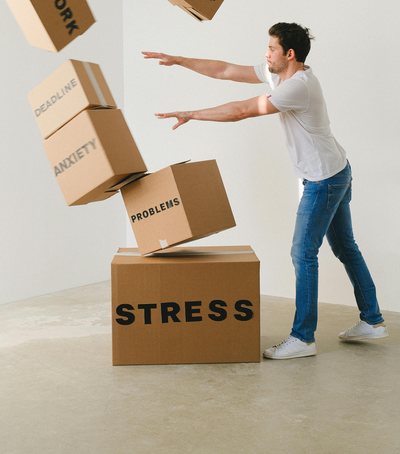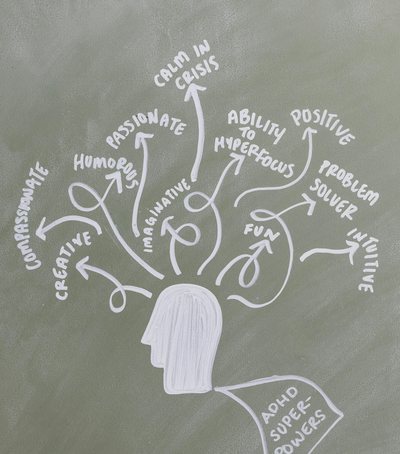
Understanding physical and emotional signals
Anxiety often shows up before it's expressed in words. Watch for symptoms like sweaty palms, a shaky voice, muscle tension, or trouble sleeping. Teens may feel irritable or withdrawn, and may even have difficulty concentrating on daily tasks. When we understand that these reactions are part of anxiety, we can treat them with more patience and understanding.
Detection of specific triggers
Every young person experiences anxiety differently. Some feel anxious before exams, others about peer pressure or body changes. By talking to your teenager about the times when they feel sad or scared, we can identify triggers and offer direct support, for example by setting a study plan or organizing manageable social activities.
Open communication and empathetic listening
Teens need to feel heard without judgment. When they share their concerns, welcoming them with support and asking, “How can I help you?” creates a strong bond of trust. A parent or mentor who actively listens—maintaining eye contact, using open body language, and reflecting feelings (“it seems like…”)—gives teens the confidence to feel valued and understood.
Rethinking negative thoughts
Often, anxiety is fueled by dramatic thoughts: “I’ll never make it” or “Everyone is judging me.” Teaching teens to identify such thoughts and challenge their truth with questions like “Is there concrete evidence for this?” or “What would I want to know in your place?” helps them develop a more realistic and calm attitude.
Simple relaxation techniques
Coping with anxiety flare-ups can start with a few deep, slow breaths, counting to four on each inhale and exhale. Light stretching, brief 2–5 minute meditations, and self-massage exercises (e.g., gentle acupressure on the forehead) provide an immediate break, helping young people return to calm and focus.
The importance of a healthy routine
Regular sleep, a diet high in fiber and lean protein, and regular physical activity—whether it's walking, swimming, or playing a team sport—strengthen the body and lower levels of the stress hormone cortisol. A consistent sleep schedule and balanced meals help the mind function better and reduce anxiety waves during the day.
Limiting screen exposure
Prolonged exposure to social media or the news often exacerbates anxiety. Establishing phone-free blocks before bed or while studying, as well as activating “no interruption” modes on devices, creates space for mental calm and restores natural rhythms of attention.
Using self-help tools
Mindfulness apps, such as Headspace or Calm, offer guided breathing and meditation treatments. Keeping a short journal, where the teen writes down the day’s thoughts and concerns, helps reduce mental load and increases a sense of control. These practices promote self-discovery and self-compassion.
Time for professional counseling
When anxiety becomes frequent and interferes with sleep, schooling, or social relationships, the help of a psychologist or psychiatrist should be sought. A specialist can offer cognitive behavioral therapy, advanced relaxation techniques, and, in special cases, controlled-dose medication support.
The role of family and community support
An informed and involved family creates a safe environment. Friends and peer groups that promote relaxing activities—like art therapy clubs or sports teams—make a difference. When everyone around a teenager understands the challenge of anxiety and offers support without ridicule, their self-confidence is strengthened and they learn healthy coping strategies.
By integrating these approaches into daily life, adolescents learn to recognize the signs of anxiety, discover the right tools to calm down, and build a support network that helps them grow with confidence and self-esteem.
Photo Credits (Pixabay):
https://www.pexels.com/photo/portrait-of-woman-photographing-with-smart-phone-248021/





